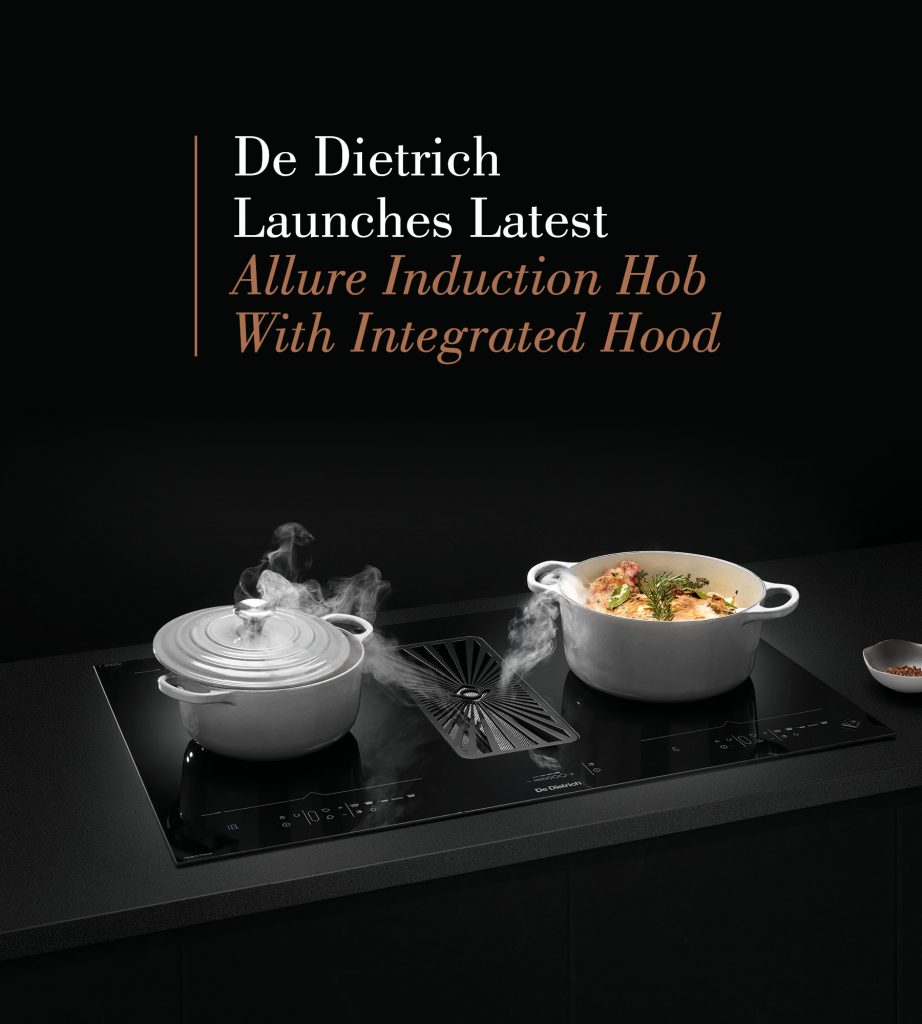Home to street markets and great places to eat and drink, the area around Bugis Street and Beach Road in Singapore has long been a popular meeting place both for those that live in the city and for visitors and tourists. Now its appeal is set to grow further as it undergoes a renaissance at the hands of real estate firm GuocoLand Group.
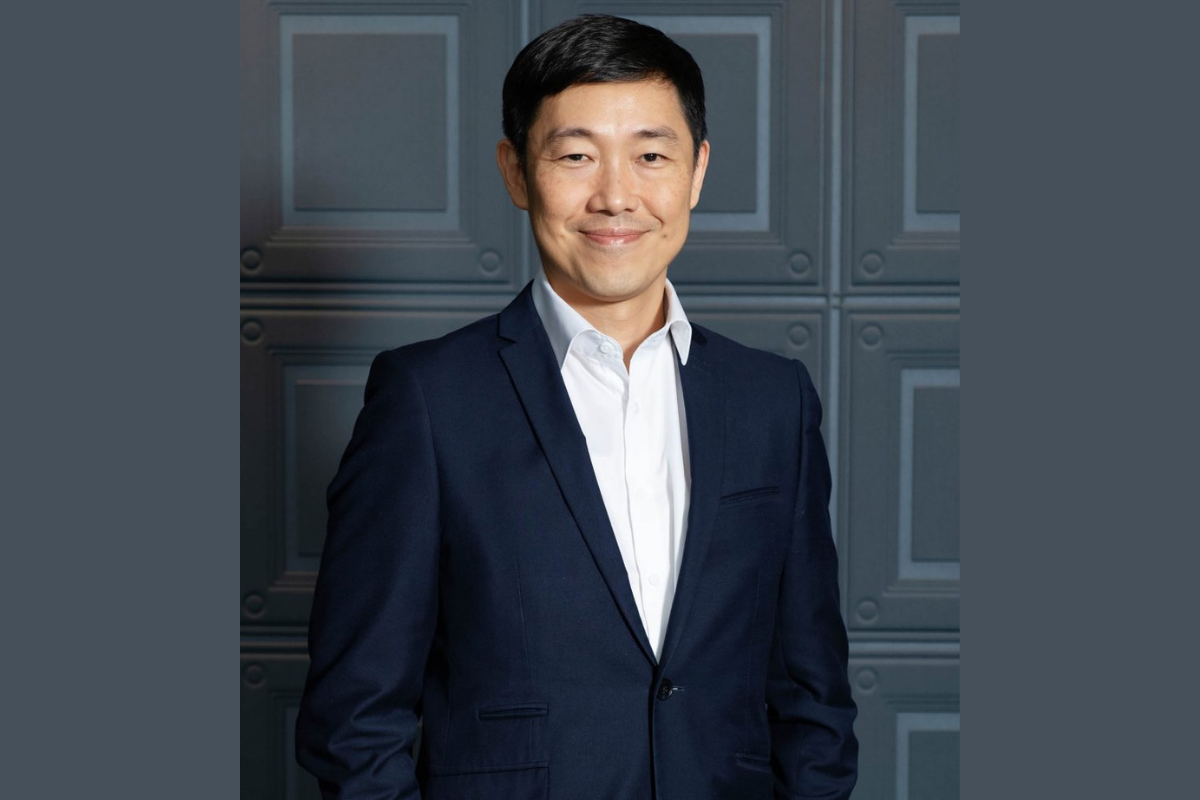
Due for completion this year, the new Guoco Midtown development will comprise offices, residential buildings and retail and wellness spaces. Although the design was completed back in 2018, long before the COVID-19 pandemic swept the globe, it preempted many of the major shifts now being seen in the post-pandemic world, according to CEO Hsing-Yao Cheng.
“We were already using hybrid working and also the wellness of the office worker as the key considerations for the design concept,” he tells The CEO Magazine.
“We had a network hub that was part of the concept of core and flex – an office-facing strategy that very much relates to companies’ needs for flexibility and also hybrid working. And then the pandemic came along and our concept became even more relevant.”
In addition, it has a host of wellness features such as a swimming pool and a jogging track to cater to the evolving needs of workplaces. “It’s not that we could predict the future, but if you looked at the emerging trends, it was quite clear. Because of evolving communication technology, people can work from anywhere and everywhere,” he reflects.
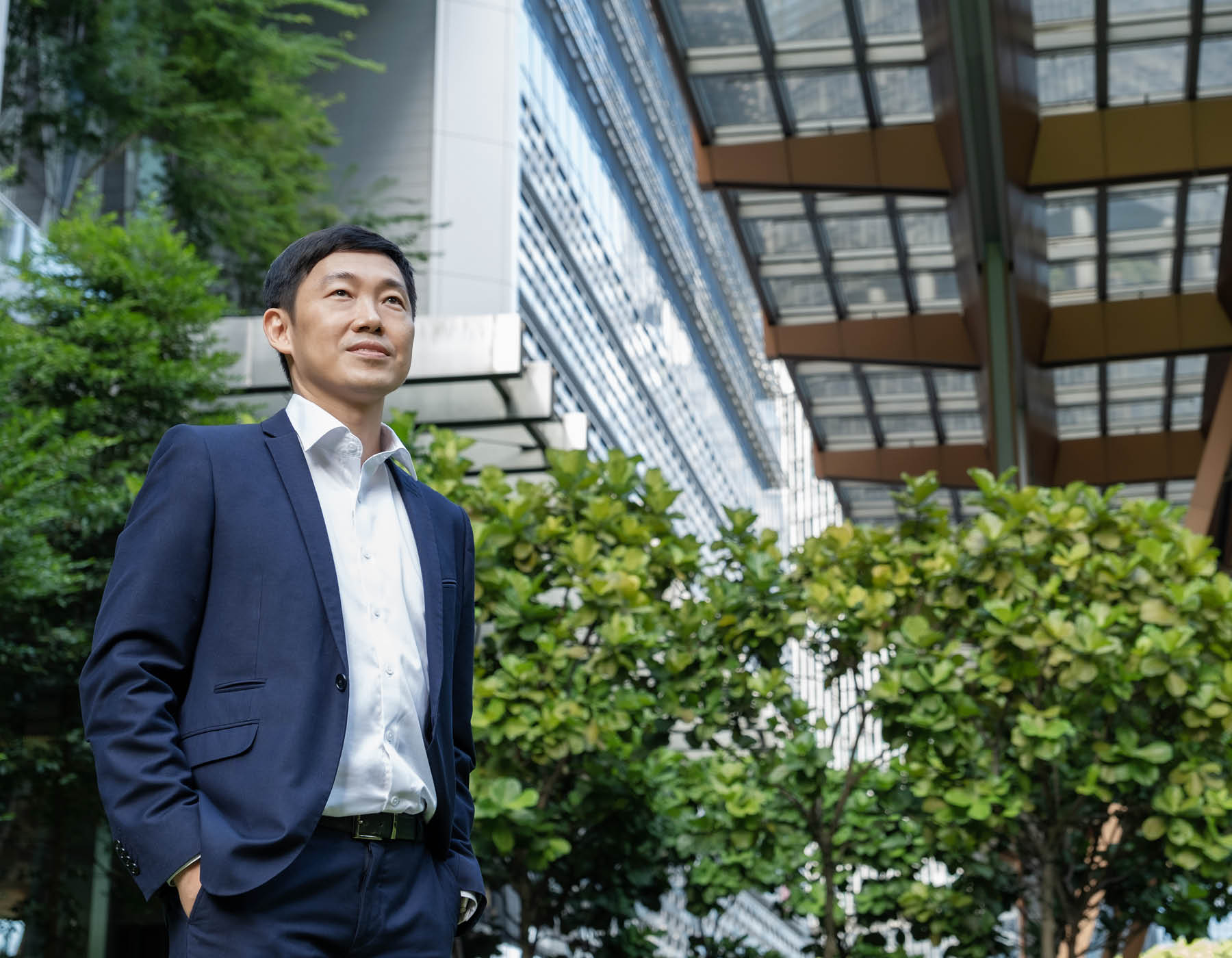
We were already using hybrid working and also the wellness of the office worker as the key considerations for the design concept.
“We had already witnessed a trend of some companies embracing this a lot more, but we also saw that people were working harder and were therefore lacking that balance in their lives. And that’s why we wanted to introduce the play and recreation element into work, to help balance people’s lifestyles.”
The COVID-19 pandemic drove them to take this a step further, incorporating mental health into GuocoLand’s vision for the perfect workplace by creating a sense of connection both with other people and nature, and then trying to integrate these considerations into the residential side of the plans.
Uplifting neighborhoods
This emphasis on product is what really sets GuocoLand apart from intense competition within the real estate sector, according to Cheng. Looking at projects from the end user’s perspective is an important part of the company’s process, as is examining emerging trends.
But that’s not the only differentiator. While delivering successful projects is a major motivator, so too is the opportunity to make a difference. “As we move further out, we have added another ambition, which is that wherever we build, we would like to uplift the neighborhood,” Cheng says.
“The concept is not one whereby you see your neighbors as your competitors and so you try to cut them off. Our concept is to connect and help everybody get better because our philosophy is, when the neighborhood gets uplifted, our property value also gets uplifted.”
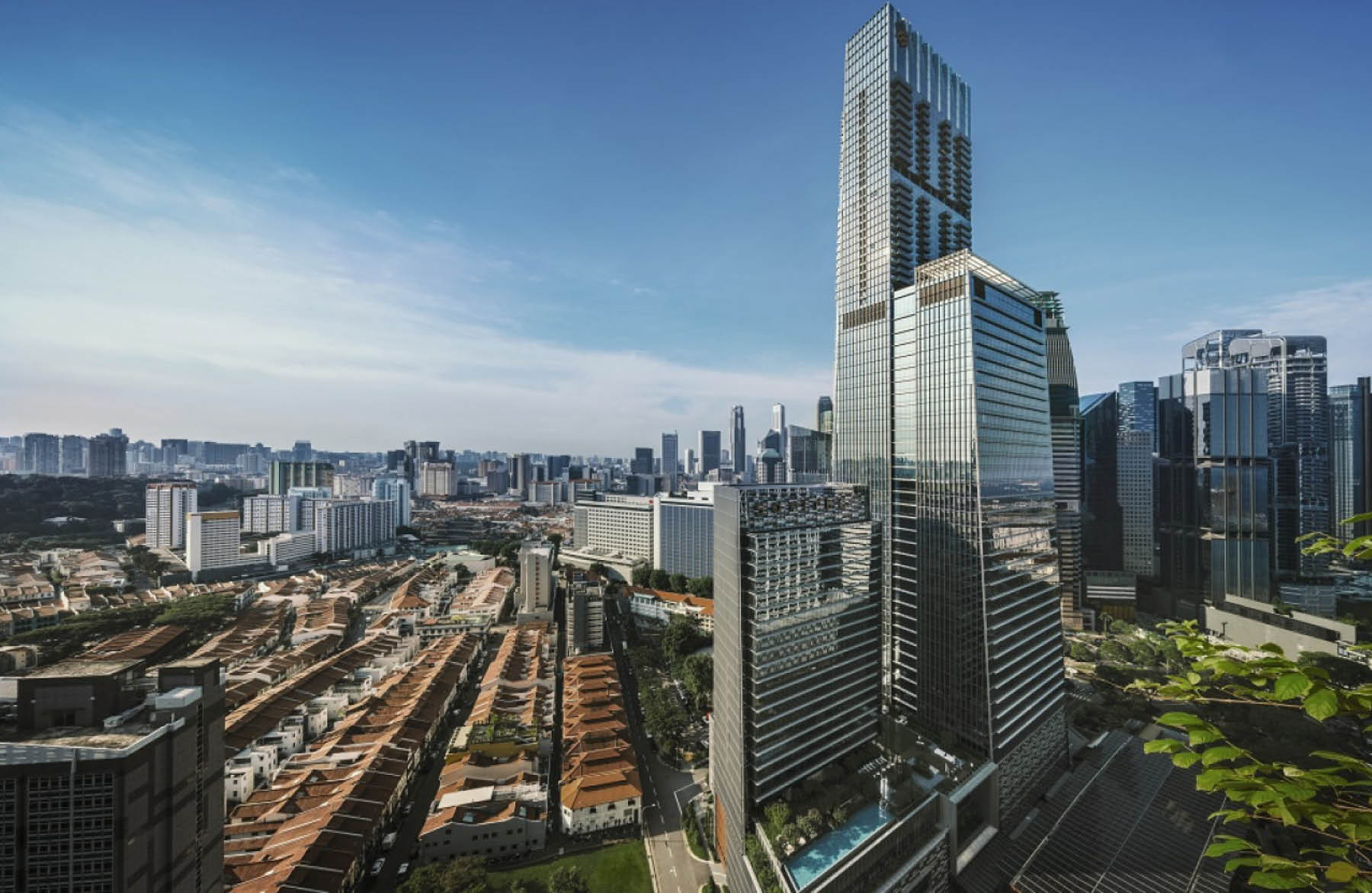
As we move further out, we have added another ambition, which is that wherever we build, we would like to uplift the neighborhood.
When GuocoLand enters a new area, it takes the time to study the urban design and to ensure there are public spaces in its mixed developments. “Even for a residential project, we want to add to the architecture and the skyline of the neighborhood,” he says, adding this could mean the creation of a new park as an example.
“We will put it in as our contribution to the neighborhood and so that the whole district becomes better.”
This sense of community runs throughout GuocoLand itself with the company working hard to build a culture of support, particularly though the COVID-19 pandemic.
“Over the years, we have built up a certain culture whereby our common objective is the performance of the company, not the department,” Cheng says. “When you have the company’s interest at heart, then you realize that you sometimes have to almost compromise on your own KPIs in order to help your colleague in another department so that you can achieve a better outcome.”
This has proved particularly important given the mental stress of the COVID-19 pandemic, with many people unable to see their friends and families due to lockdown restrictions. While it’s difficult for companies to do much about these types of situations, they can certainly step in and offer support on the work front, according to Cheng.
“In this kind of challenge, if you find that people come together and find a solution, then people will derive support and strength from that process, rather than feeling like they’re alone trying to solve a problem,” he says. “I had the support of my colleagues, and I know that different people were doing things that they’d never done before, just to sort things out or to find a way.”
Dealing with adversity
An example of one of the ways GuocoLand reacted to the stress of the COVID-19 pandemic was to create a delivery platform for its food and beverage (F&B) tenants in Guoco Tower in the Central Business District, who were not ready to switch to an online approach as restrictions on dining in were put in place in 2020.
“We are not a tech company, but we wanted to support the tenants who were suffering because of the lockdowns,” Cheng says.
The GuocoFood platform enabled customers to mix and match food orders from the tower’s tenants, organizing taxi drivers to deliver them in the process. The app generated more than US$110,000 in sales revenue across more than 25 F&B businesses until it was phased out in March 2021, as many of those tenants developed their own websites and other food delivery platforms such as Grab stepped in.
It was a period of great turbulence, Cheng reflects, but overall it is only the latest in a long string of challenges. Appointed CEO of GuocoLand in 2021, he first joined the group back in 2012 as COO and has witnessed its journey over the past decade. “We haven’t had a real Goldilocks economy ever since I joined,” he says. “There’s never been an extended period of time where things are rosy.”
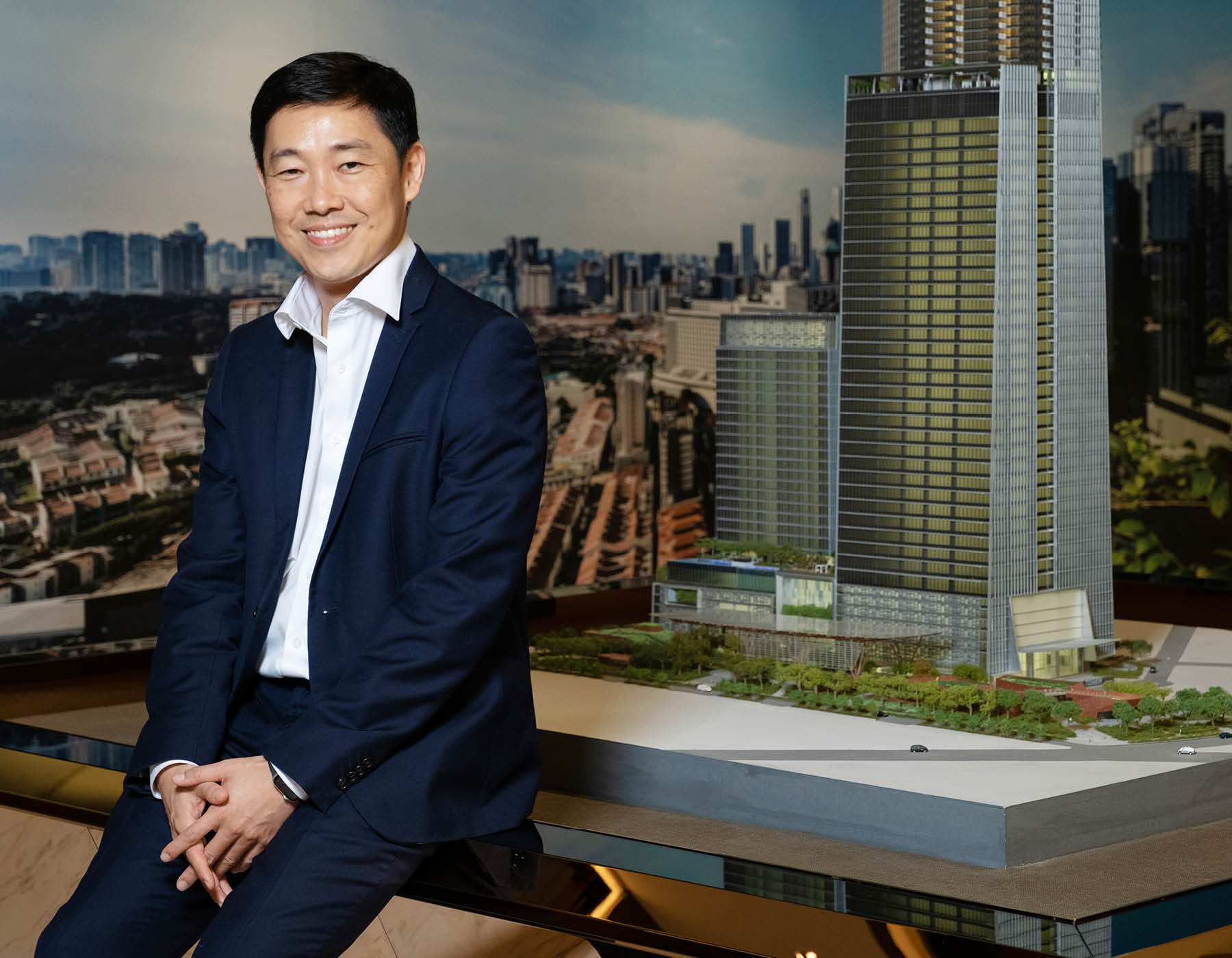
We haven’t had a real Goldilocks economy ever since I joined. There’s never been an extended period of time where things are rosy.
He cites an oversupply of office space at a time when the company had just completed a huge 90,000 square-meter office project as an example. “Things continued to contract for years afterwards and then we had the government putting in very severe holding measures,” he recalls. “Then the high-end residential was a factor, so we never really had a smooth ride.”
However, the upside of these difficult times is the resilience the company has had to build up to survive. “Despite the challenges, we were able to do well. We have actually developed a certain level of confidence in being able to deal with adversity,” he says.
Now, the COVID-19 pandemic has shifted into inflation and supply chain issues, with the situation further complicated by the advent of the Ukraine-Russia conflict and other geopolitical issues. Although it represents an increase in the frequency and intensity of such events, Cheng is unfazed. “The nature of the challenges and how to work around the challenges has not changed,” he says.
“We had years of preparation in dealing with adversity and have still been able to thrive and do well. That motivates us, too. Despite the challenges, we are able to do this. That’s nice to know.”
So rather than holding their breath and waiting for things to improve, the team at GuocoLand are instead trying their best to roll with the punches. “We shouldn’t be afraid of the challenges. We just do our best to deal with it,” Cheng says.
Seizing the advantage
Part of this approach has seen GuocoLand pivot over the years. While it once focused primarily on residential developments, it started to venture into investment property.
“Now, our investment assets are about 60 percent of our total assets,” Cheng says. “We have a very stable income stream from our investment properties that will continue to grow, because as we complete our next mixed development, Guoco Midtown, then there will be more recurring income. This is something we will continue to grow and maintain in the organization going forward.”
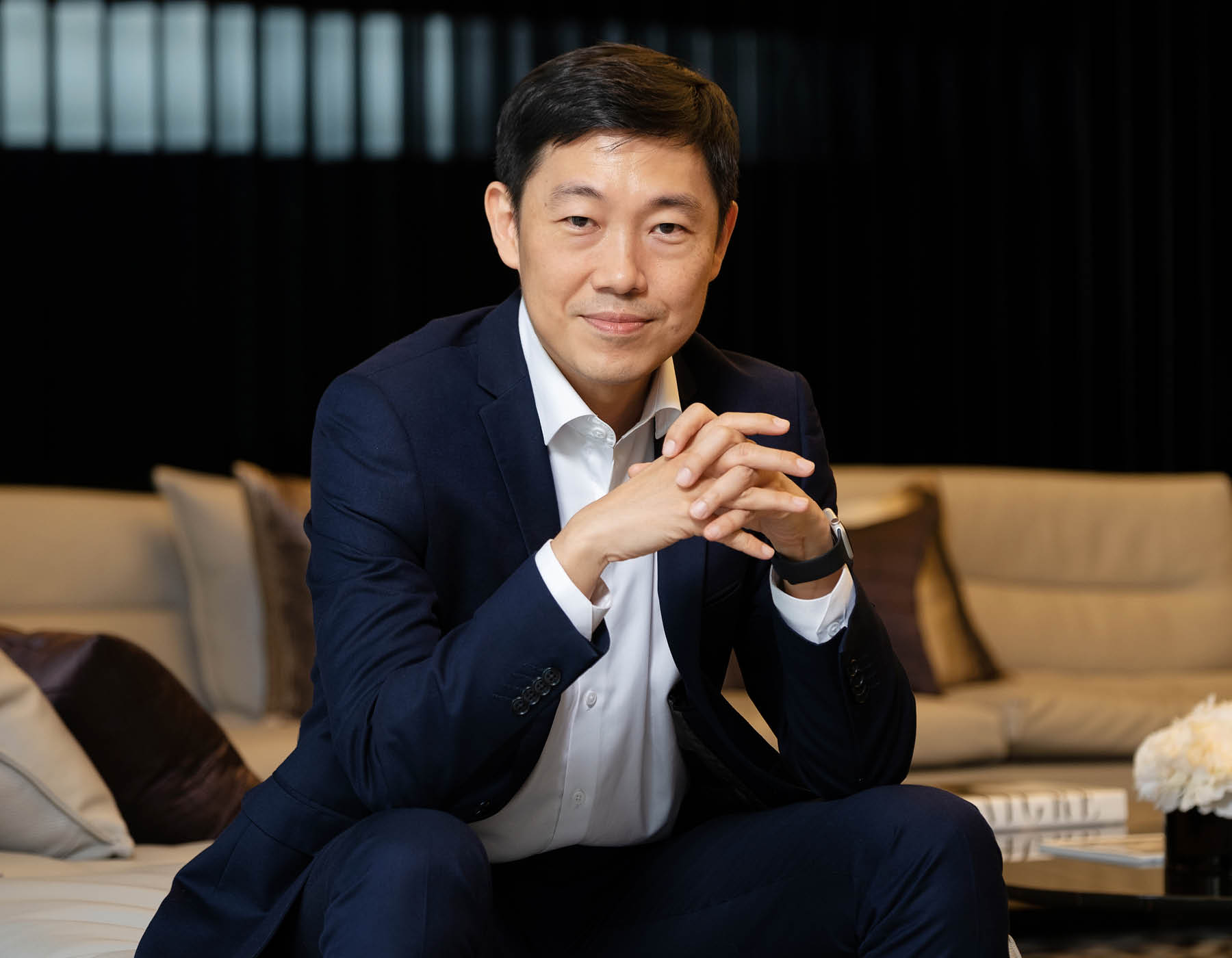
From acquisition to development concept, construction management and execution, and then to sales, to leasing for cities management, asset management – it is a whole value chain of capabilities.
He is immensely proud of the capabilities the group has built up over time, which he describes as ‘end-to-end capabilities’ because they form a metaphorical circle. “From acquisition to development concept, construction management and execution, and then to sales, to leasing for cities management, asset management – it is a whole value chain of capabilities,” he says. “I’m hoping this set of capabilities allows us to take on new, complex projects, maybe even sectors that are new to us.”
Teamwork will play an important part in these plans, providing the synergy necessary for the next phase of GuocoLand’s growth, which Cheng says will involve acquisitions.
“As a real estate company, acquisitions are something not entirely within our control, because it depends on what opportunities are available and then there’s a competitive element, that you have to compete with others,” he admits.
“But we are very well-placed to take on the next few new interesting projects, not just in Singapore but also in our key overseas markets China and Malaysia, that will take our company to another level.”
Sponsored by: Brandt Asie
A premium French kitchen brand inspiring culinary luxury.
Read More
